Education
10 Reasons The U.S. Chooses To Import Oil Despite Its Own Production

America’s oil reserves are impressive, yet the U.S. imports oil. Curious why? It all comes down to the finer details of global economics and seasonal demands. Let’s take a closer look at the many reasons importing oil makes sense, even when plenty is waiting underground.
Shipping Infrastructure Is Built For Imports
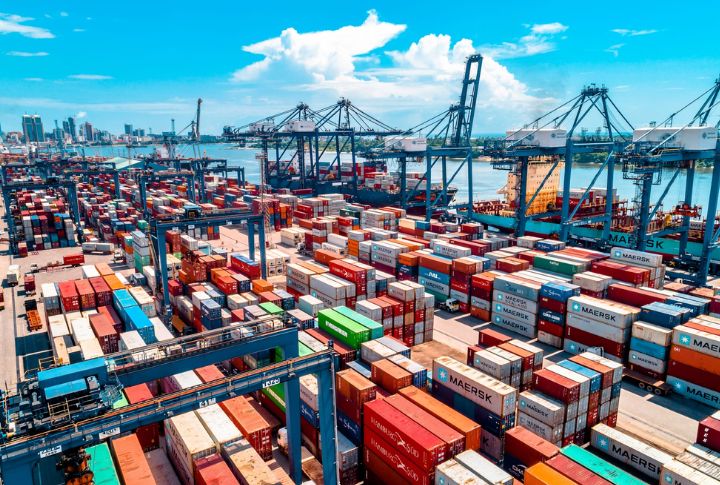
Decades of infrastructure development have shaped ports, pipelines, and terminals to efficiently receive foreign oil. Tanker routes and unloading hubs are optimized for import logistics, making overseas crude easier, and sometimes cheaper, to handle than using domestic oil.
Crude Types Match Different Product Needs
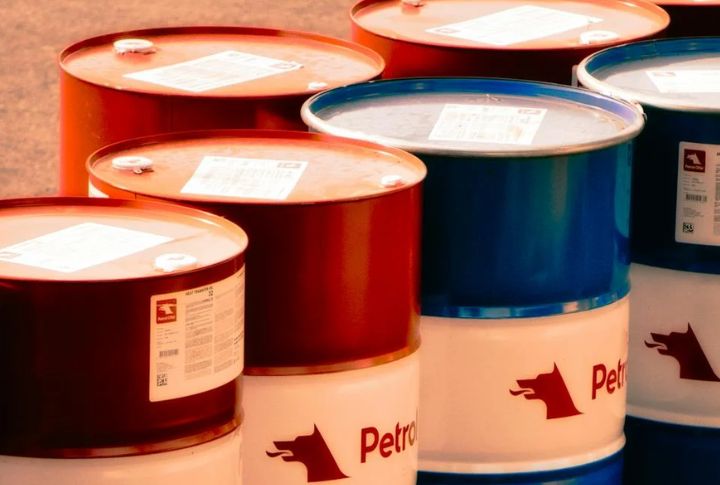
Not all oil turns into the same end products. Some crude is better for gasoline, others for asphalt, lubricants, or even petrochemicals. The U.S. imports specific types of oil to ensure the right input for everything from road construction to plastics. So, it’s also about matching crude type to product demand.
Environmental Regulations Affect Domestic Production
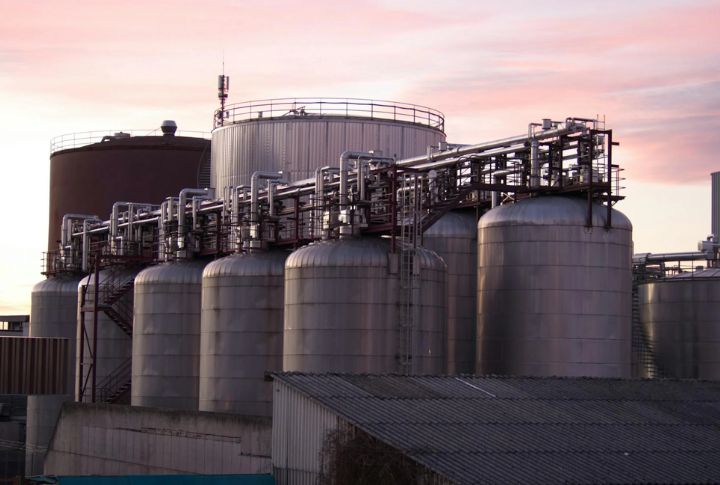
Strict environmental policies in the U.S. limit how much oil can be extracted and refined domestically. Regulations on emissions and land use make some domestic sources less viable. Imports allow the U.S. to meet demand while maintaining environmental standards that restrict certain types of domestic production.
Quality Plays A Major Role
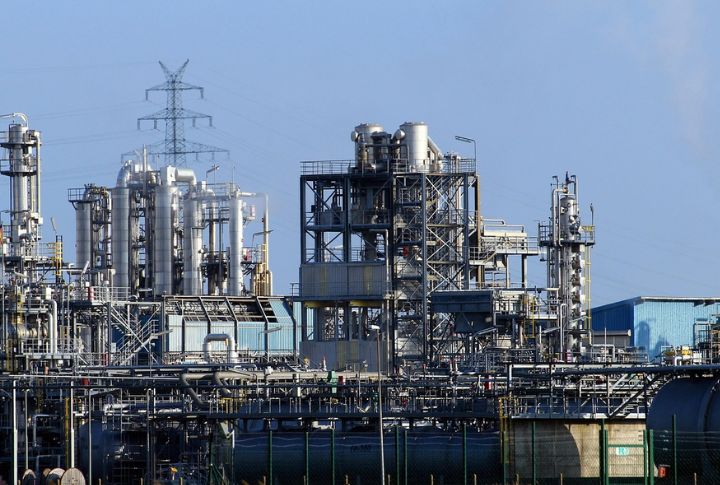
Most U.S. oil is light and low in sulfur—ideal for refining into gasoline. However, many American refineries were built to handle heavier, sour grades. That’s why the U.S. still imports heavy crude, especially from Canada, to produce products like diesel and jet fuel. So, balance and quality are both priorities here.
Global Prices Are A Factor

The global oil market affects how the U.S. approaches oil imports. Prices fluctuate depending on worldwide demand and geopolitical factors. Since importing oil can be more cost-effective when international prices are lower, the U.S. does this to avoid paying inflated prices for domestic production.
Storage Capacity Constraints
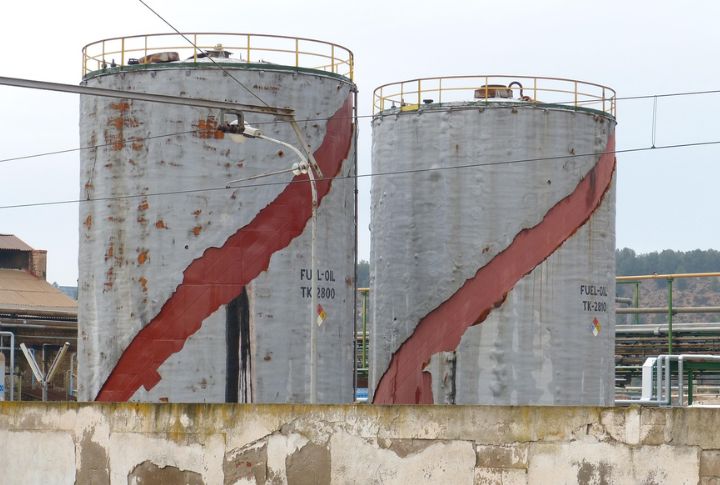
The U.S. has limited strategic and commercial capacity to store oil in both its raw and usable forms. When domestic production exceeds storage capabilities, it can be more practical to import oil as needed rather than invest in costly new storage infrastructure or deal with oversupply issues that depress local prices.
Seasonal Demand Fluctuations

Energy needs in the U.S. shift throughout the year, with the summer driving season boosting gasoline demand and colder months increasing the need for heating oil. Imports help manage these seasonal changes by providing targeted supplies, allowing the country to respond quickly without straining domestic production capacity.
Diversifying Sources Reduces Risk
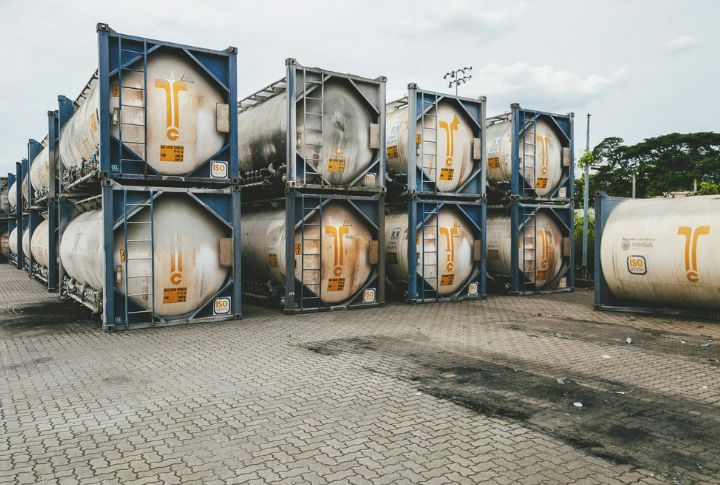
Relying solely on domestic oil could make the U.S. vulnerable to supply disruptions due to natural disasters or market changes. By importing oil from various sources, the U.S. ensures it has a more secure and stable supply, which reduces the risk of being overly dependent on one region.
Building Trade And Supplier Relationships

U.S. oil imports support more than domestic energy needs. They help build strong ties with top suppliers from countries like Canada and Mexico. These connections improve energy security and encourage broader trade. What begins with crude oil often leads to deeper partnerships that benefit multiple industries over time.
Refinery Distribution Is Uneven Nationwide
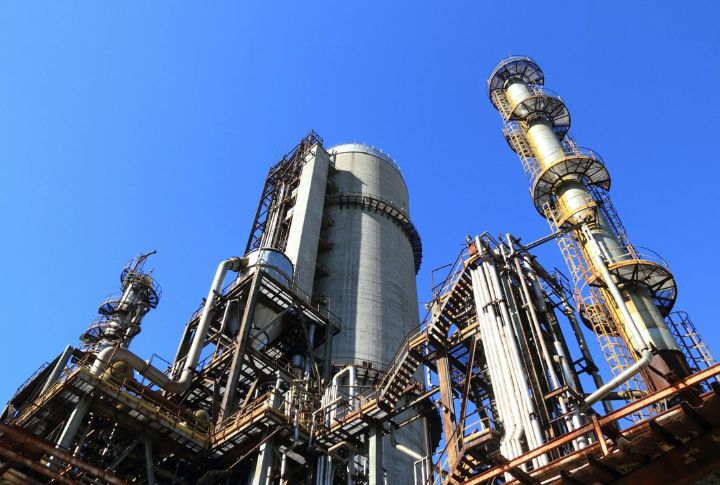
Refineries aren’t scattered evenly across the country, so not every area can handle local crude. But with the fact that imports often land closer to where they’re needed, it keeps fuel moving and brings costs down. This helps busy coastal cities and major industrial hubs stay stocked and running smoothly.







